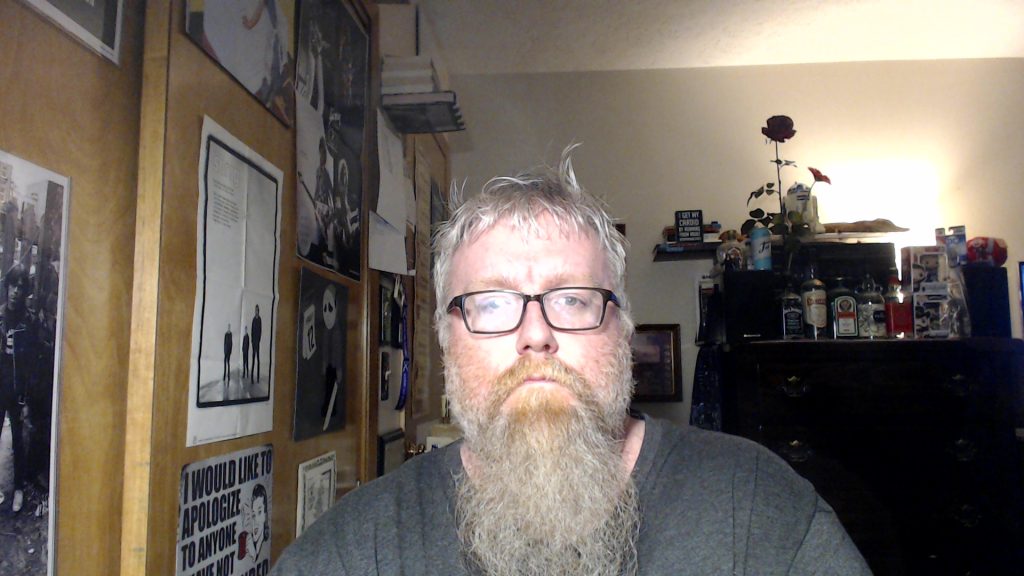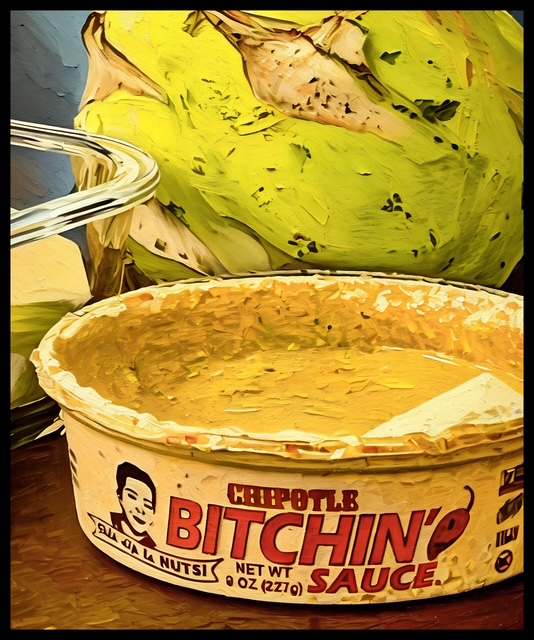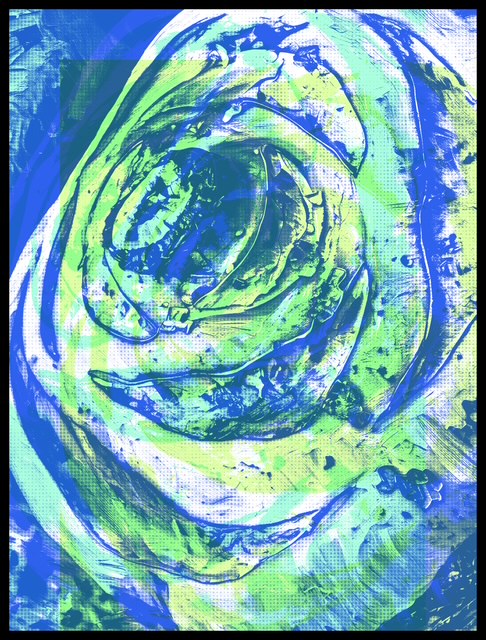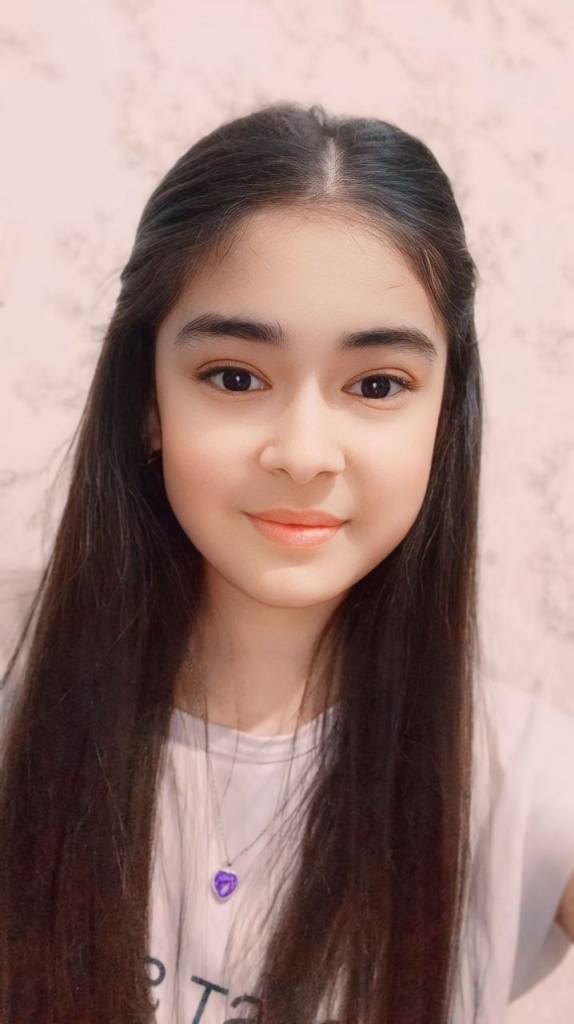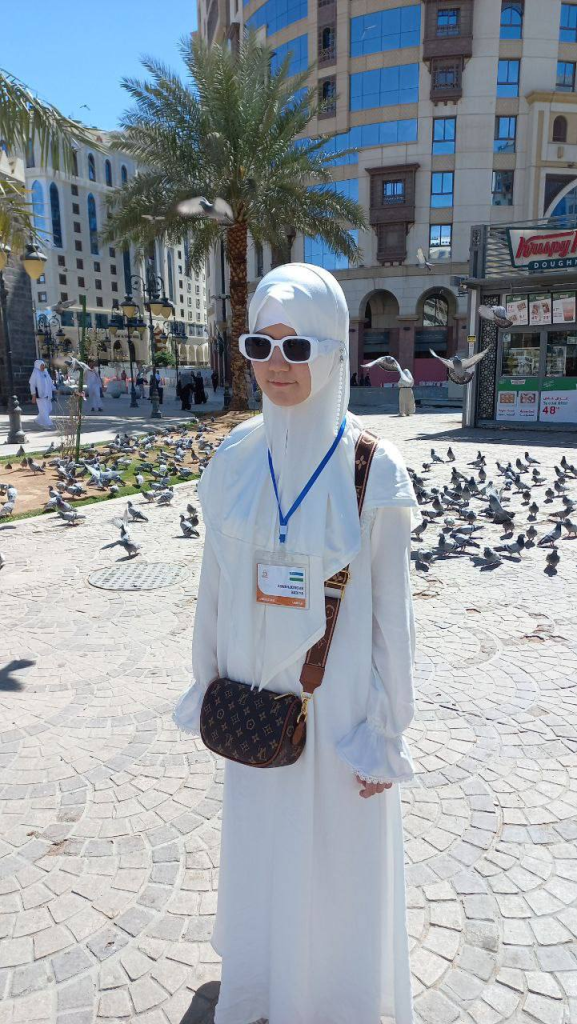
Pomposity and Circumcision
I was an extremely nervous Veteran in my mid-20s, attending college on the G.I. Bill. I wasn’t at this institution of higher learning in pursuit of knowledge. I had been laid off one too many dead-end jobs, and decided to turn to Uncle Sam to provide me with some income.
Veterans could obtain open admission status at Jersey City State College. During the first day of a literature class a rather plump, middle-aged English professor went around the room to each student and asked us who was our favorite writer.
I was at the end of the room in the back row, so my response would be among the last.
The names of authors that the students bandied about baffled me–I had heard the name of 2: Shakespeare of course (though unfamiliar with his work), but as the students spouting names totally unfamiliar to me snaked their way towards my response, I began to panic.
I wasn’t much of a reader before my stint in Vietnam. If I read anything it would be newspapers and magazines, not books, because what’s the point of reading stuff that’s made up?
But while overseas a barracks buddy we called Happy Jack gave me James Michener’s novel The Source. I told him I didn’t see the point of reading novels because it wasn’t about the truth. Happy Jack responded that it was great historical fiction and filled with cool stuff that really happened.
Happy Jack convinced me to read it. I was enchanted with the epic storytelling married to historical facts about the ancient history of the Jews that took readers up to the creation of the state of Israel.
One of the memorable storylines in this novel was about a great Jewish athlete in Israel (based on fact) who was a favorite of the Roman occupying Governor. He wanted to enhance his own glory by sending his prized athlete to compete in Rome. The problem was that all Roman athletes competed in the nude and it would be unacceptable for a circumcised athlete to perform at the games.
The Roman Governor offered his Jewish sports prodigy a very painful medical procedure that would result in a foreskin being sewed back on. The ambitious Jewish athlete dreamed of competing in Rome. When he informed his parents and Temple priests of this choice, they rebuked him and said if he accepted this blasphemous medical procedure, he would no longer be considered a Jew and would be outcast from his true people. After an agonizing deliberation, he chose the operation and this gifted Jew became a celebrated Roman athlete.
This book me led me to read another Michener novel, The Drifters, which blew me away because this author was in his sixties when he wrote about my hippy generation and got everything right, including how and what esoteric music influenced us. During the rest of my military tour, I devoured novel after novel by him.
When it came my turn to declare my favorite author, I proudly said James Michener. The Professor stopped and feigned complete shock. She said she was asking for real authors, not pseudo-writers like my literary hero, whom she put in the same category as popular exploitation authors Jacqueline Susan and Harold Robbins.
I was humiliated by her put-down, especially since I was probably the oldest student in class. But as the minutes ticked by, my shame turned into anger. I felt cut, wounded. Not only had she insulted me, but she also insulted an author that I truly loved and who had ignited within me a passion to read literature. When class ended, I got up the courage—after the other students left—to tell her how upset I was.
Back then Vietnam Vets lived with the stereotype that we were mostly crazed and a cauldron of potential violence, so she seemed very uncomfortable with my confronting her for calling out my “lame” literary taste in class.
I knew that quite a few guys in the military used Harold Robbins as jerk-off books, but Michener was most certainly not in that salacious league. I asked her if she had read any Michener books and she told me she had not. When I asked why not, she said she assumed he was a sleazy writer because he was so popular. She dismissed him as a literary artist in lieu of being a soft porn commercial hack. She said the marketing of many of his trade paperback book covers seemed to come straight out of pulp fiction art.
When I related some of his content and how it affected me to the point where I could now comfortably embrace the genre of fiction, to her credit she gave me a heartfelt apology. Her words of contrition replaced my anger towards her with genuine respect.
This early academic encounter helped erase my intense insecurity that a High School dropout with a military-issued G.E.D. diploma did not belong on a college campus.
Mark Blickley grew up within walking distance of New York’s Bronx Zoo. He is a proud member of the Dramatists Guild, PEN American Center, and Veterans For Responsible Leadership. His latest book is the flash fiction collection ‘Hunger Pains’ (Buttonhook Press).

